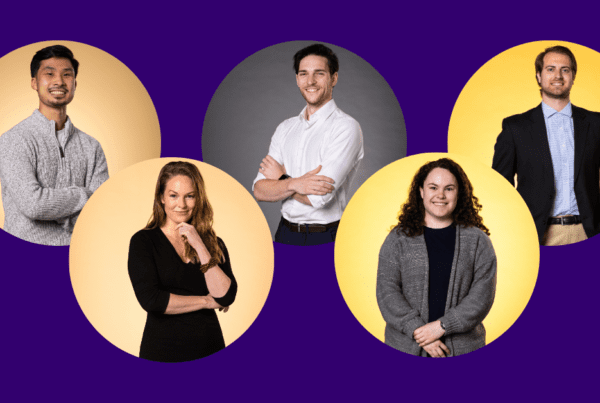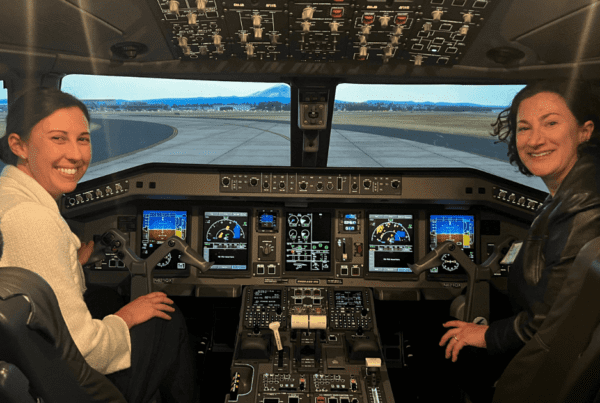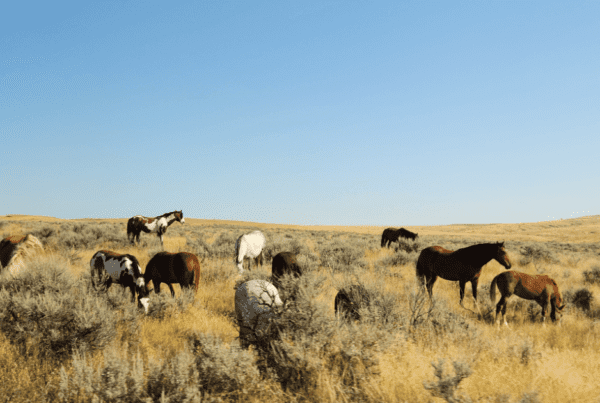Joseph Nelson, a fourth-year medical student at the UW School of Medicine, is on the threshold of graduating from UW Medicine’s Spokane-based medical school campus, and it’s a big deal. Nelson’s path to medicine has always been anything but guaranteed: As a Native American student and enrolled member of the Yakama Nation, becoming a doctor seemed to Nelson to be more of a dream than a potential reality for many years.
Nelson’s worries about attaining a medical degree were based in some tough facts: Very few Native American students become doctors. In fact, in 2017, almost 20,000 students graduated from U.S. medical schools but only 30 of those students identified as Native American, according to the Association of American Medical Colleges. Most medical school programs have only a few Native American students, if any. Add to this the fact that Native American communities struggle with myriad health difficulties, such as a higher than normal prevalence of heart disease, cancer, diabetes, stroke, suicide and substance abuse, according to the US Department of Health and Human Services Office of Minority Health, and Nelson’s medical education takes on an even greater sheen of triumph.
“If it weren’t for a small handful of people who guided me and supported me along the way, I wouldn’t be where I am today,” Nelson says. ”We are a resilient people, but unfortunately we have faced a long history of trauma where our lands were stripped from us and our culture washed away over several generations. Because of this, we struggle in today’s world and we are continuously fighting an uphill battle. Our youth are our future, but regrettably there are so few role models and mentors to help them even find interest– and let alone success– in the field of medicine.”
This is why Nelson and several other Native American medical students at the University of Washington recently started a branch of the Association of Native American Medical Students (ANAMS) in Seattle, with additional membership in Spokane. “University of Washington’s medical school programs already enroll some of the nation’s highest numbers of Native American medical students,” Nelson says, “so the program is well positioned to extend representation even further.”
“I hope to provide mentorship to Native youth and help them find the success they strive for,” he says. “We want to recruit additional Native Americans into the UW School of Medicine, and medicine in general, but also create a community that can provide support for one another throughout this difficult journey.”
The UW ANAMS Chapter launched in July and since then, Nelson and his team have been working on new initiatives to bring together all of the Native American medical students at the School of Medicine, which includes Pacific Islanders. Building a community at UW will allow the chapter to share resources and support one another, Nelson says. But he also wants to extend the program’s reach to local communities, to help promote medical programs among local high schoolers and to find ways for UW medical students to mentor students in their own communities.
Nelson’s mission to bring more minority students to UW Medicine is necessary, especially now. Our healthcare system is full of minority communities, he says, especially in family medicine and emergency room settings — but minority doctors are still hard to find. In 2016, 68.2% of American physicians were white, according to a report by Deloitte. American Indian doctors made up 0.5% of doctors in the U.S.
“”Cultural differences can impede access to healthcare, but a more diverse medical workforce can help bridge this and also lessen the effect of cultural ignorance in medicine,” Nelson says.
Nelson is currently applying for residency programs in family medicine, with plans to eventually work as a full-spectrum, rural primary care physician back home, in Indian Country. He and his team are continuing to build ANAMS and have plans for extended offerings in 2019.
“Everyone deserves a fair opportunity to achieve their dreams but unfortunately not everyone starts with the same deck of cards,” Nelson says.


